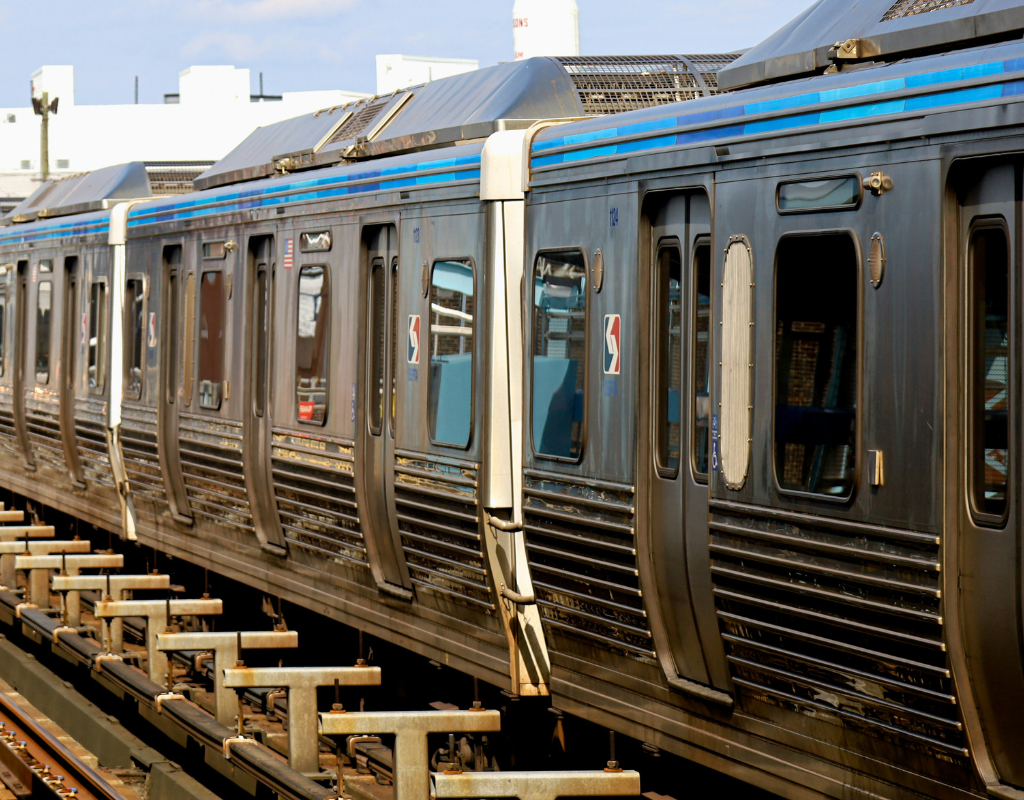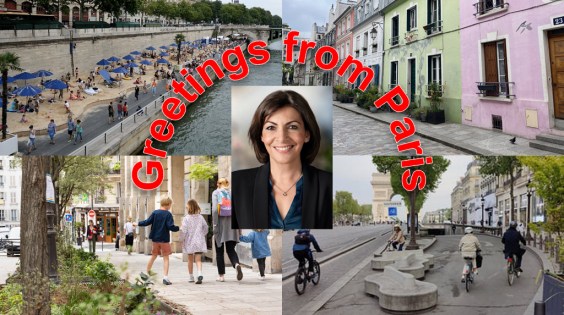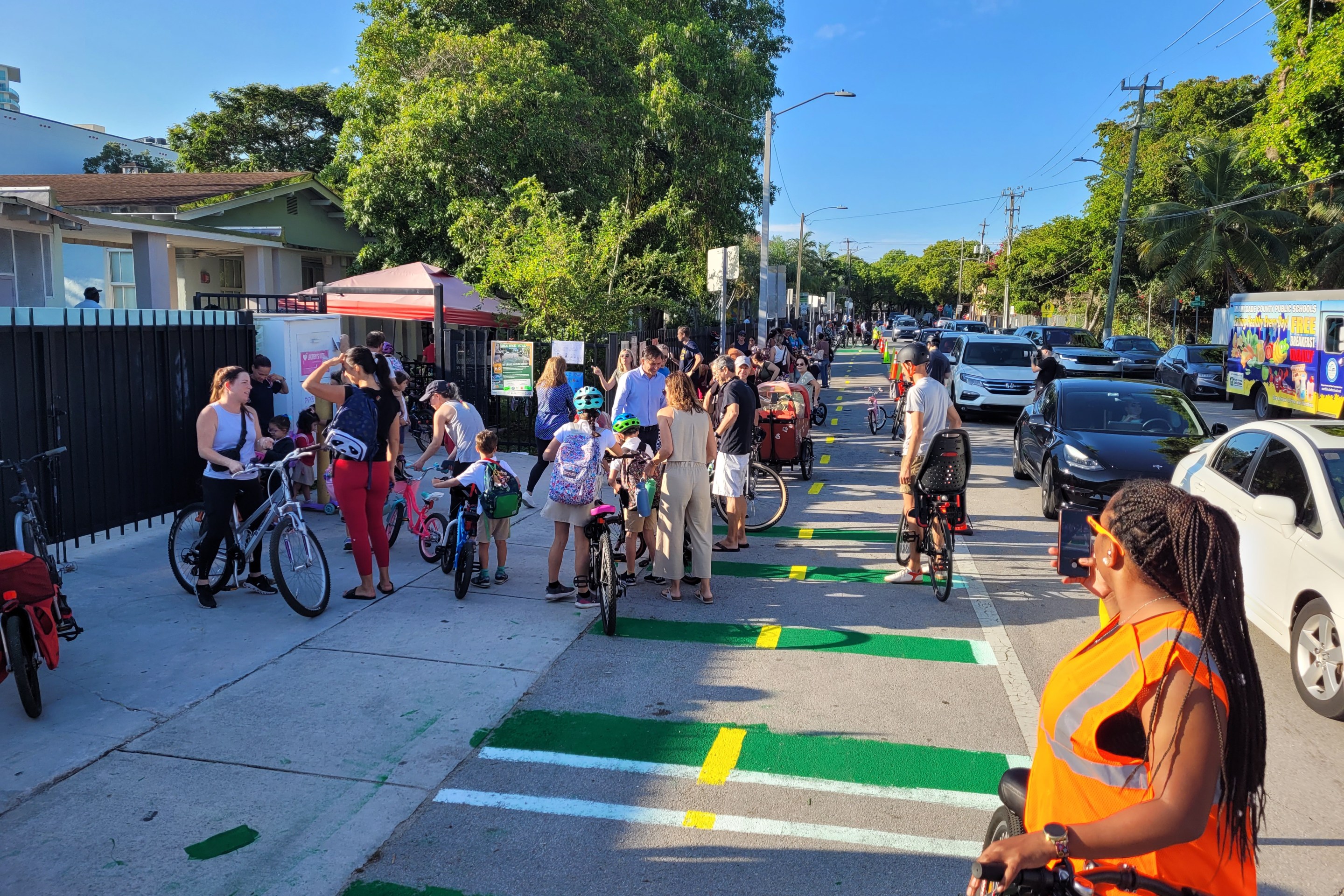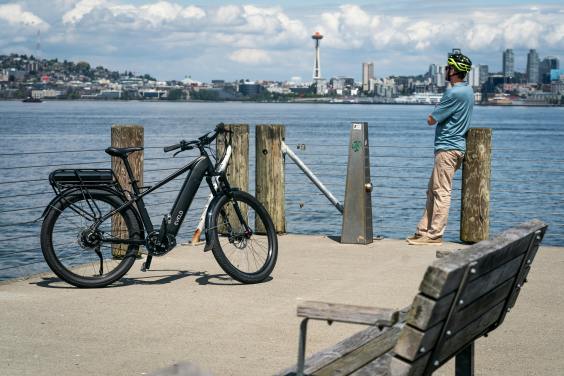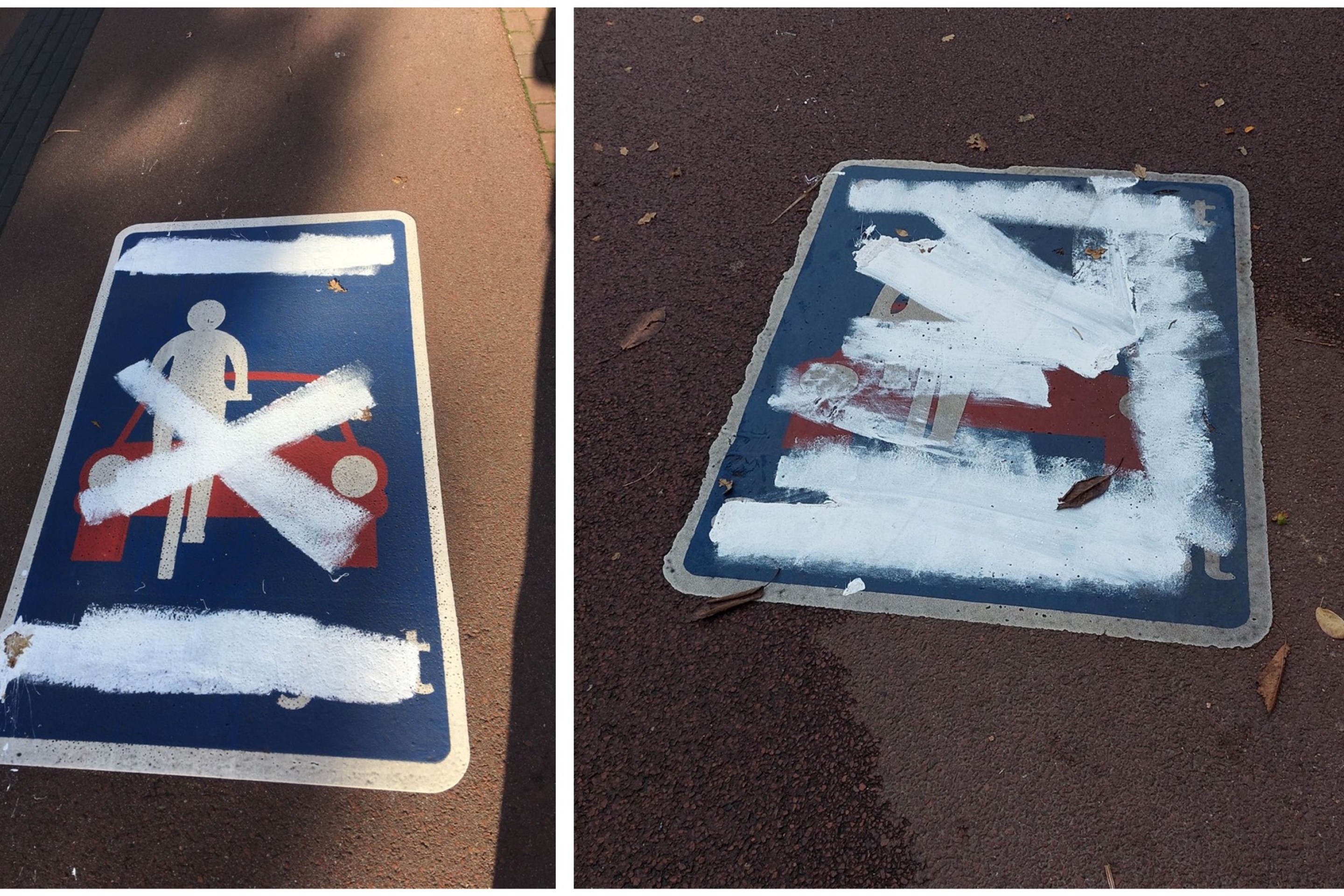
Gas prices, you may have heard, are on the rise again. And so is pandering about pain at the pump. Four years after $4 a gallon gas spawned "Drill, Baby, Drill" and insane political gimmickry on the presidential campaign trail (remember the "gas tax holiday" favored by John McCain and Hillary Clinton?), gas price populism is back with a vengeance.
To hear House Speaker John Boehner tell it, oil drilling and highways are all it takes to liberate American families from the tyranny of the pump. The Republican presidential candidates are also promising to reduce the price of gas through the magic of drilling. Even Ron Paul -- the guy who supposedly gets how markets work -- posits that he could bring about dime a gallon gas.
Congressional Democrats, meanwhile, are flailing away at phantom price gougers and Wall Street speculators. Even President Obama, who never fell for the gas tax holiday while campaigning in 2008, is exaggerating the potential of alternative fuels to substitute for gas.
As Dave Roberts has noted on Grist, just about everyone in Washington seems scared to come out and face reality. Gas prices are set largely by the global oil market, and the only sure way to protect Americans from high prices at the pump is to make it easier to use less gas.
Even with the House and Senate neck deep in the process of updating national transportation policy, few in Congress are willing to point out the obvious: The next transportation bill is a golden opportunity to save Americans money by giving them more affordable ways to get around.
A 2006 study found that working families in 28 American metro areas spend, on average, 29 percent of household income on transportation -- even more than they spend on housing [PDF]. And a two-person adult household that uses transit saves an average of $6,251 per year compared to a household with two cars and no transit access, according to the Complete Streets Coalition [PDF].
In other words, by investing in transit and safe streets Congress can help Americans unlock huge savings -- much more than the typical family saw from the most recent round of tax cuts.
Instead, Boehner and the House GOP leadership put out a bill that doubled down on car dependence, yanking away dedicated funding for transit, biking and walking. While it looks like the House GOP is going to abandon their outright attack on transit, early indications are that their Plan B will shortchange investment in more affordable transportation too. Boehner still thinks "drill and drive" is a winning message.
So someone's got to say it: John Boehner's transportation policy is a recipe for impoverishing people. Americans can't afford a transportation bill that forces families to burn fuel every time they want to go somewhere.
